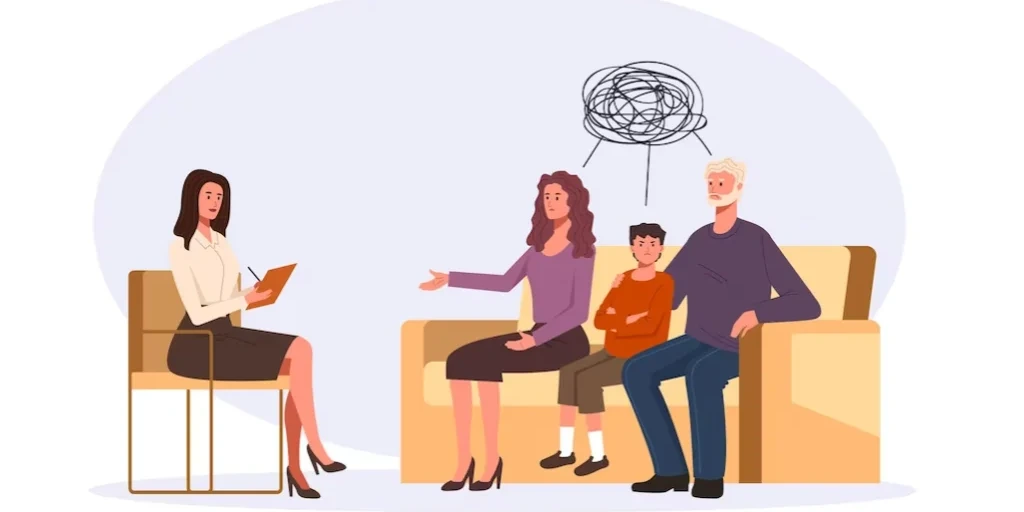24/7 Helpline:
(866) 899-221924/7 Helpline:
(866) 899-2219
Learn more about PTSD Rehab centers in Owatonna
PTSD Rehab in Other Cities

Other Insurance Options

Evernorth

Molina Healthcare

ComPsych

Self-pay options

WellCare Health Plans

Regence

Magellan Health

PHCS Network

MVP Healthcare

Amerigroup

BlueCross

CareSource

Holman Group

Meritain

Coventry Health Care

BHS | Behavioral Health Systems

Ceridian

Access to Recovery (ATR) Voucher

Anthem

Cigna

Beauterre Recovery Institute
Beauterre Recovery Institute is a private rehab located in Owatonna, Minnesota. Beauterre Recovery I...

South Central Human Relations Center – Dual Recovery Program
South Central Human Relations Center – Dual Recovery Program is a non-profit rehab located in Owaton...

Owatonna Hospital – Behavioral Health
Owatonna Hospital – Behavioral Health is a private rehab located in Owatonna, Minnesota. Owatonna Ho...

West Hills Lodge
West Hills Lodge is a private rehab located in Owatonna, MN. West Hills Lodge specializes in the tre...



Safe Harbour
Safe Harbour is a private rehab located in Owatonna, Minnesota. Safe Harbour specializes in the trea...


